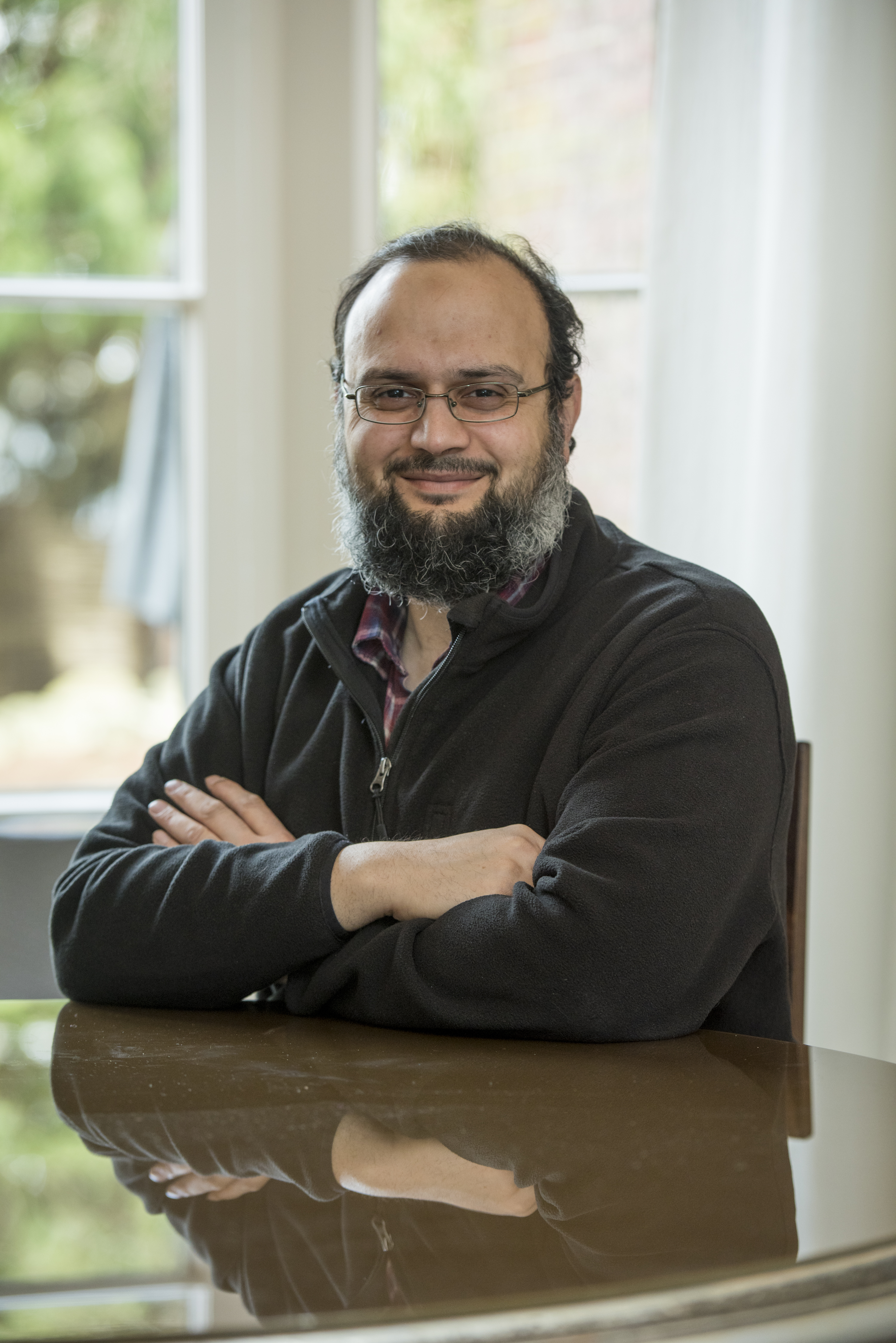Collaborations Workshop 2014 (CW14) - outcomes and analysis
Posted on 17 June 2014
Collaborations Workshop 2014 (CW14) - outcomes and analysis
Posted by s.sufi on 17 June 2014 - 4:58pm
 by Shoaib Sufi, Community Leader.
by Shoaib Sufi, Community Leader.
This year’s Collaborations Workshop was a great success, with a rich variety of outcomes and a great many things discussed around software in research and, in particular, reproducible research.
CW14 took place at the Oxford e-Research Centre in March, with three days of events including talks, workshops, discussion sessions and keynotes from Institute co-investigator Carole Goble, Microsoft’s Kenji Takeda and Github’s Arfon Smith.
The final day was dedicated to a special CW Hackday where competing teams tried to develop their own software in a short space of time, and ended with prizes being given to the best coders. 
From the feedback it was clear that our attendees enjoyed and found the event useful. Indeed, as our feedback survey showed, 86% of attendees found the event useful, while 90% enjoyed it overall. The Hackday was particularly well received, with 96% approval. Finally, all the attendees said they would both recommend the event to a friend and be willing to come again.
With that in mind, it became clear that there were three major themes at play. The first of these was the importance of collaboration readiness - how having your software and/or computational analysis in a state that you can work effectively with others is a key way of achieving reproducibility. Then there is capability enhancement, how using the correct tools and systems improves your reproducibility.
Finally, there is advocacy - how continued training and promotion of reproducible computational research are needed for reproducibility to become the default position of research that is built using software. We explore these conclusions in a workshop paper which was recently presented at the ACM SIGPLAN TRUST 2014 Workshop.
If you would like to explore the information collected at this year’s events, which includes the keynotes, lightning talks, discussion topics, collaborative ideas and hackday results, then they can all be found in the CW14 annotated agenda.
Normal0falsefalsefalseEN-GBX-NONEX-NONE /* Style Definitions */ table.MsoNormalTable {mso-style-name:"Table Normal"; mso-tstyle-rowband-size:0; mso-tstyle-colband-size:0; mso-style-noshow:yes; mso-style-priority:99; mso-style-parent:""; mso-padding-alt:0cm 5.4pt 0cm 5.4pt; mso-para-margin:0cm; mso-para-margin-bottom:.0001pt; mso-pagination:widow-orphan; font-size:11.0pt; font-family:"Calibri","sans-serif"; mso-ascii-font-family:Calibri; mso-ascii-theme-font:minor-latin; mso-hansi-font-family:Calibri; mso-hansi-theme-font:minor-latin; mso-fareast-language:EN-US;}

